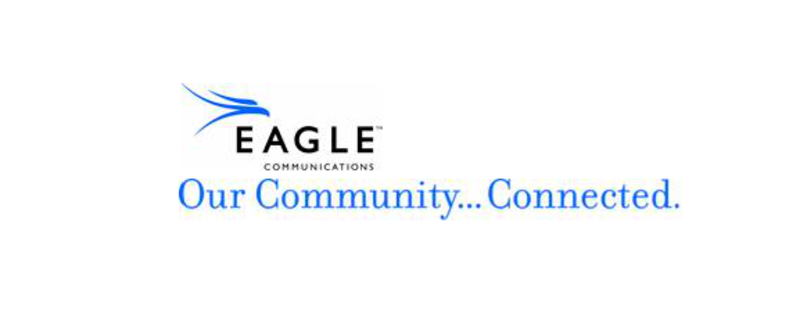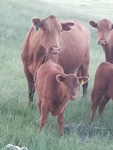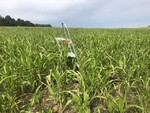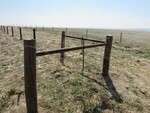Posted date: Dec 2, 2016
by: Jason Padgett
2288 Views
Here is the notification from Eagle Communications:
CONTACT:
Travis Kohlrus, General Manager
tkohlrus@eaglecom.net / 785-301-2096
December 2, 2016
Eagle Communications – USDA Community Connect Grant Status

In mid-October, Eagle Communications was notified by the U.S. Department of Agriculture’s Rural
Development Office that it would not be receiving funding for its application to the Community
Connect Grant Program. This application was submitted with the intention that, if funding was
awarded, Eagle would upgrade the internet infrastructure and increase available broadband
speeds in the community of St. Francis, Kan.
"It was obvious that the citizens of St. Francis were behind this initiative, and the team at Eagle
worked hard to submit an application that supported that desire and need," said Travis Kohlrus,
Eagle Communications General Manager. "Eagle will continue to partner with the community and
look for ways to bring broadband to St. Francis and other rural communities that we serve."
The application was submitted in mid-June. In early September, Eagle was notified the application
was reviewed and qualified as a finalist for grant funding. In mid-October, Eagle again was notified
by the USDA and told it was not a grant recipient. No funding for USDA Community Connect
Grants were awarded in the state of Kansas for the 2016 application period.
For more information, please refer to the FAQs attached, or see the contact information above.
Eagle Communications, Inc. is a Kansas-based Broadband Services and Media Company with
more than 285 Employee-Owners. The company operates 28 radio stations in Kansas, Nebraska
and Missouri, as well as cable TV systems in 59 Kansas, Nebraksa and Colorado communities.
The company also offers e-business solutions, web hosting, telephone service, high-speed
internet, and wireless internet in most service areas.
For more information, visit http://www.eaglecom.net.
FAQs
Q. What does the USDA Community Connect program do?
A. This program helps fund broadband deployment into rural communities where it is not
yet economically viable for private sector providers to deliver service.
Q. What is an eligible area?
A. Rural areas that lack any existing broadband speed of 4 Mbps downstream and 1 Mbps
upstream are eligible.
Q. Are there any other grant requirements?
A. Matching funds of at least 15% from non-federal sources are required and can be used
for operating costs.
Q. Will Eagle apply for funding again?
A. Yes, if the USDA offers another opportunity for funding, and if they raise the minimum
broadband speeds above the limiting factor of 4 Mbps downstream and 1 Mbps
upstream, we will reapply.
Q. What has been awarded so far?
A. Since 2009, USDA Rural Development has invested $11 billion to start or expand
103,000 rural businesses; helped 1.1 million rural residents buy homes; funded nearly
7,000 community facilities such as schools, public safety and health care facilities;
financed 180,000 miles of electric transmission and distribution lines; and helped bring
high-speed Internet access to nearly 6 million rural residents and businesses. For more
information, visit http://www.usda.gov/results.
Q. Are there other grant opportunities out there?
A. There are others opportunities to apply for funding, however each agency has a list of
unique qualifications that must be met in order for Eagle to be eligible. We will remain
diligent in looking for other funding opportunities.
Q. What does Eagle offer today?
A. Rural Internet - Eagle gives you access to the Internet, providing you with up to 100x
faster download speeds than dial-up. Call today for your free, no obligation, on-site visit:
- 1Mb Internet : $44.95
- 2Mb Internet : $54.95
- 3Mb Internet : $64.95
Q. How do I contact Eagle for service or support?
A. Technical Support: if you have questions or issues with the functionality of your
Television, Internet, or Phone service, please contact us at 877-625-9901 from the hours
of 8:00 a.m. to 10:00 p.m. seven days a week.
Customer Support: If you have a question about your bill, or would you like to add Eagle
services, let our Eagle Team assist you with that process. Please contact us at: 877-
613-2453, Monday through Friday, 8 AM to 6 PM.
** PDF's available with this article **








